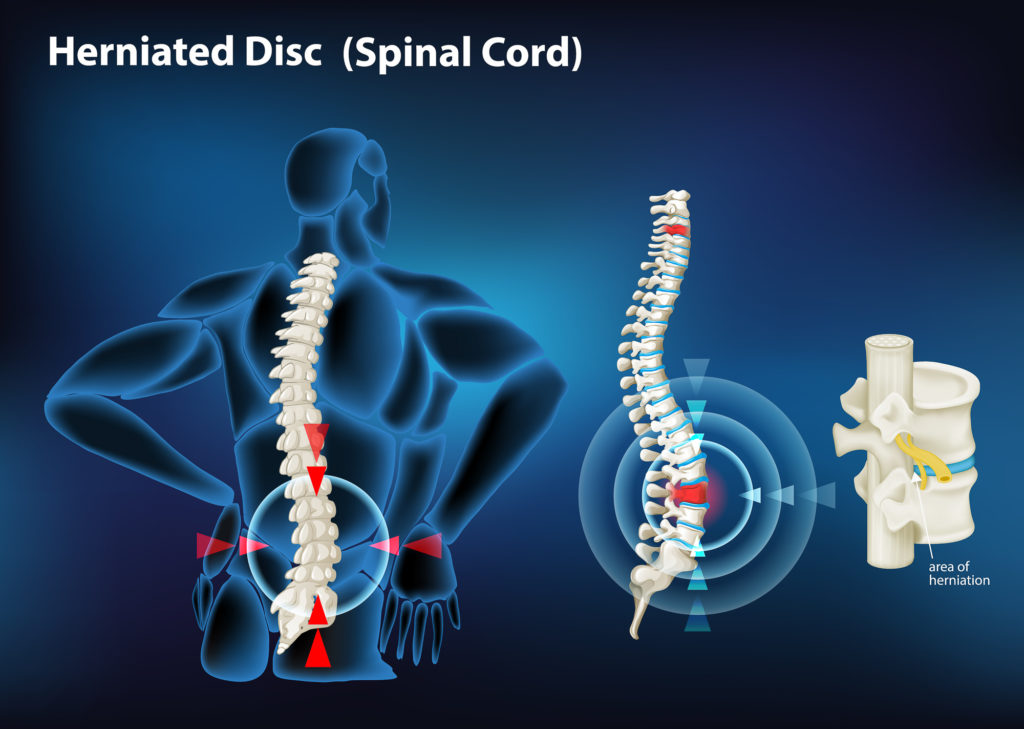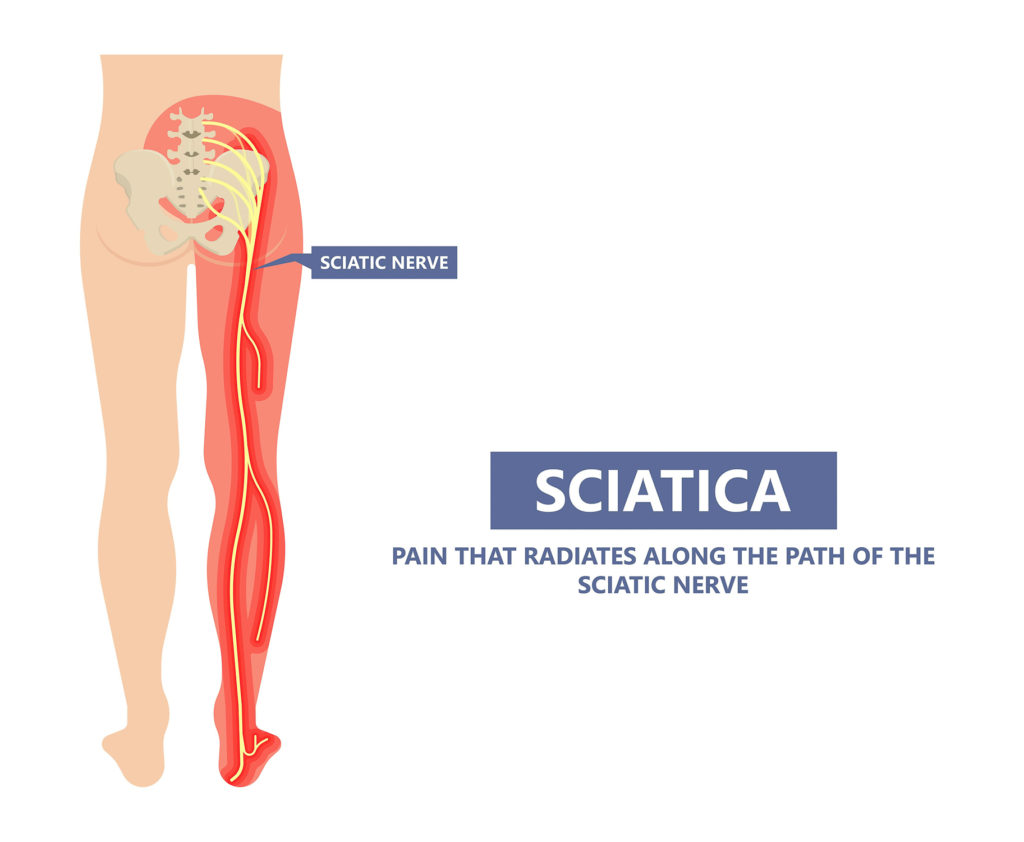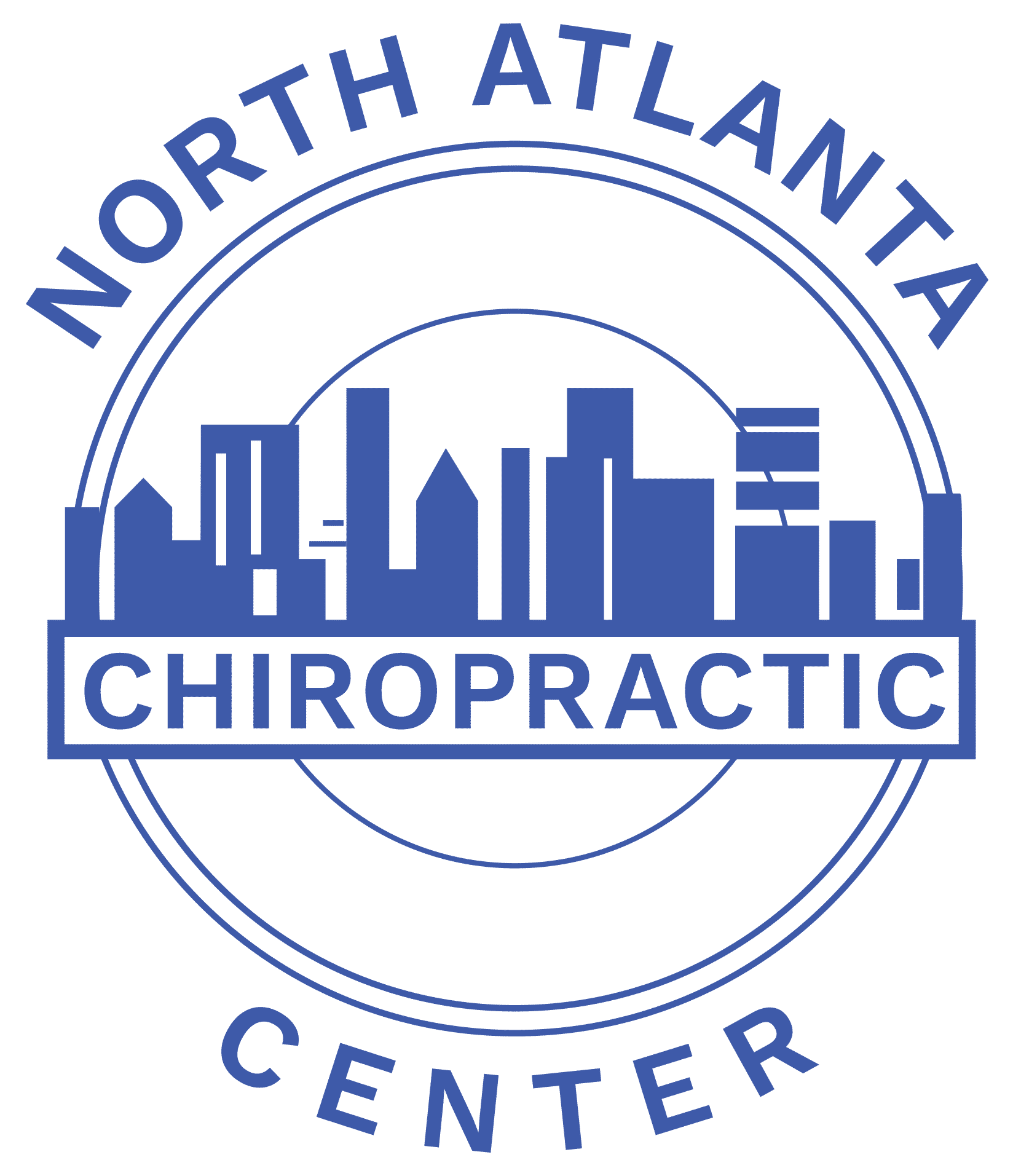If you are experiencing pain, weakness, numbness or tingling in a specific area, you may be dealing with a pinched nerve. A pinched nerve is a nerve that is being pressed on by the swelling or misplacement of other tissues, such as muscles, ligaments or tendons. Normally, a pinched nerve is a minor problem that goes away on its own. However, there are also times when it does not. If you have acute or persistent pain or if you experience a sudden and significant weakness, you need to seek attention as soon as possible.
Common examples of pinched nerves include:
A herniated disc in the spine: This can cause pain not only in your back, but pain in the legs as well.Carpal Tunnel Syndrome: Is a pinched nerve in the wrist that manifests as pain and discomfort in the hands and fingers.
How to Know If What You Feel is a Pinched Nerve

According to the Mayo Clinic, symptoms of a pinched nerve include:
Numbness or lack of feeling in a localized area.
- Pain that can be described as sharp, aching or burning, the pain may spread to surrounding areas.
- Tingling or a feeling like pins and needles, called paresthesia.
- Muscle weakness in a localized area.
- Hands or feet frequently falling asleep.
Treatment for a Pinched Nerve
Many pinched nerves will resolve themselves. However when they are severe enough for a patient to seek treatment, they may require physical therapy, medications or even surgery. If you are looking for a treatment method that is more safe, effective, non-invasive, and non addictive than traditional medical treatments, chiropractic care may be the answer that you are looking for.

Tips for Treating a Pinched Nerve At Home
If you are experiencing discomfort but you don’t find it severe or limiting enough to seek treatment, Healthline says there are some effective strategies for back pain relief that you can try at home.
Change your position: Try changing your position around until you find something more comfortable. When you find a more comfortable position try to stay in it for a little while to get some temporary relief.
Stand up at work: Whether it is standing to take a phone call, taking a short walk down the hallway or using a standing desk or workstation, standing up is likely to provide your relief if you are used to sitting for hours at a time for work.
Rest the affected part of the body: You may need to stop texting, running or playing tennis for a few days if that is what has caused the issue. Resting your body will allow for healing and decreased inflammation which may help relieve the compressed nerve.
Use a splint: A splint can help guard against further aggravation of the nerve. This is especially true if you are dealing with Carpal Tunnel Syndrome. Use heat therapy: Apply heat to the affected area, such as a hot compress or heating pad for 10 to 15 minutes at a time.

Can a Chiropractor Fix a Pinched Nerve?
Chiropractors do treat pinched nerves with great success. Chiropractors can use methods such as decompression therapy or spinal manipulation (also called chiropractic adjustments). With these types of treatments, a patient can start to feel relief within a matter of just weeks.


 Overcoming The Sitting Epidemic
Overcoming The Sitting Epidemic